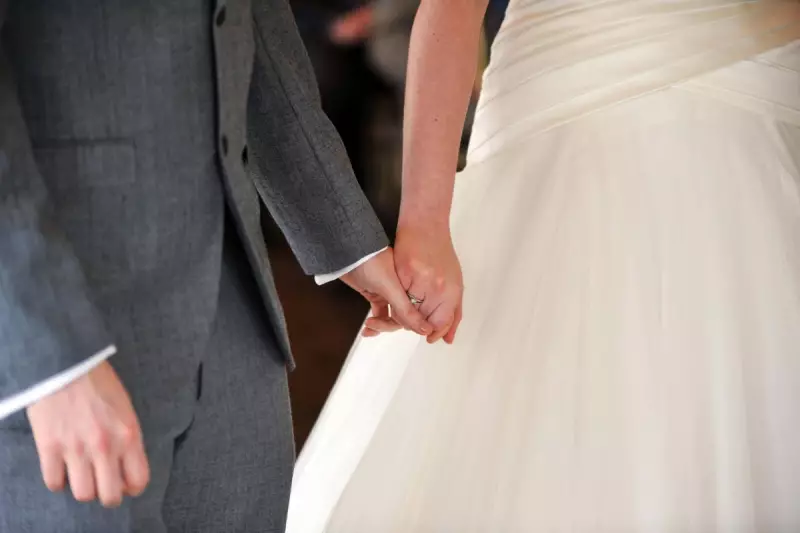
New official figures confirm that marriage rates in England and Wales continued their long-term decline in 2023, dropping by 9% following a temporary post-pandemic surge.
The Office for National Statistics (ONS) reported there were 224,402 marriages last year, a significant decrease from 246,897 in 2022. This represents a 9.1% decline year-on-year.
Civil Partnerships See Opposite Trend
While traditional marriages decreased, civil partnerships experienced a notable upswing. There were 7,547 civil partnerships formed in 2023, marking a 9.7% increase from the 6,879 recorded in 2022.
Kara Steel from the ONS explained the broader context: "The number of marriages has been steadily decreasing over the last 50 years, dropping 44% between 1973 and 2023."
"There was a post-pandemic spike in marriages in 2022, perhaps due to weddings postponed or delayed from lockdown, but 2023 saw a return to the overall trend of declining marriage."
Changing Wedding Patterns and Expert Analysis
The data reveals interesting shifts in wedding timing. While August remained the most popular month for ceremonies, the most common individual wedding day moved from summer to early autumn, with September 2nd becoming the new peak date.
Opposite-sex marriages continued to dominate legal partnerships, accounting for 216,901 or 93.5% of all unions formed in 2023.
Harry Benson, Research Director of the Marriage Foundation, suggested the year-on-year drop "conceals the long tail of lockdown," indicating that many couples whose weddings were cancelled during pandemic restrictions may have abandoned their plans entirely.
"That so many couples appear to have abandoned their wedding plans is incredibly sad for them, their friends and families," he said. "But it may also have a serious knock-on effect on commitment."
Age and Regional Variations
The average age for marriage continued to rise, with opposite-sex couples marrying at 34.8 years for men and 33 years for women - among the highest averages ever recorded.
Same-sex couples tended to marry later, with average ages of 37.4 years for men and 34 years for women.
Civil partnerships showed even more pronounced age differences. Opposite-sex civil partners averaged 55.2 years for men and 52.9 years for women, while same-sex civil partners were typically younger at 48.7 years for men and 42.5 years for women.
Geographically, the South East recorded the highest number of marriages at 36,136 or 16.1% of the England and Wales total. London proved most popular for civil partnerships, hosting approximately a quarter of all ceremonies with particularly strong growth in both same-sex and opposite-sex civil partnerships.






